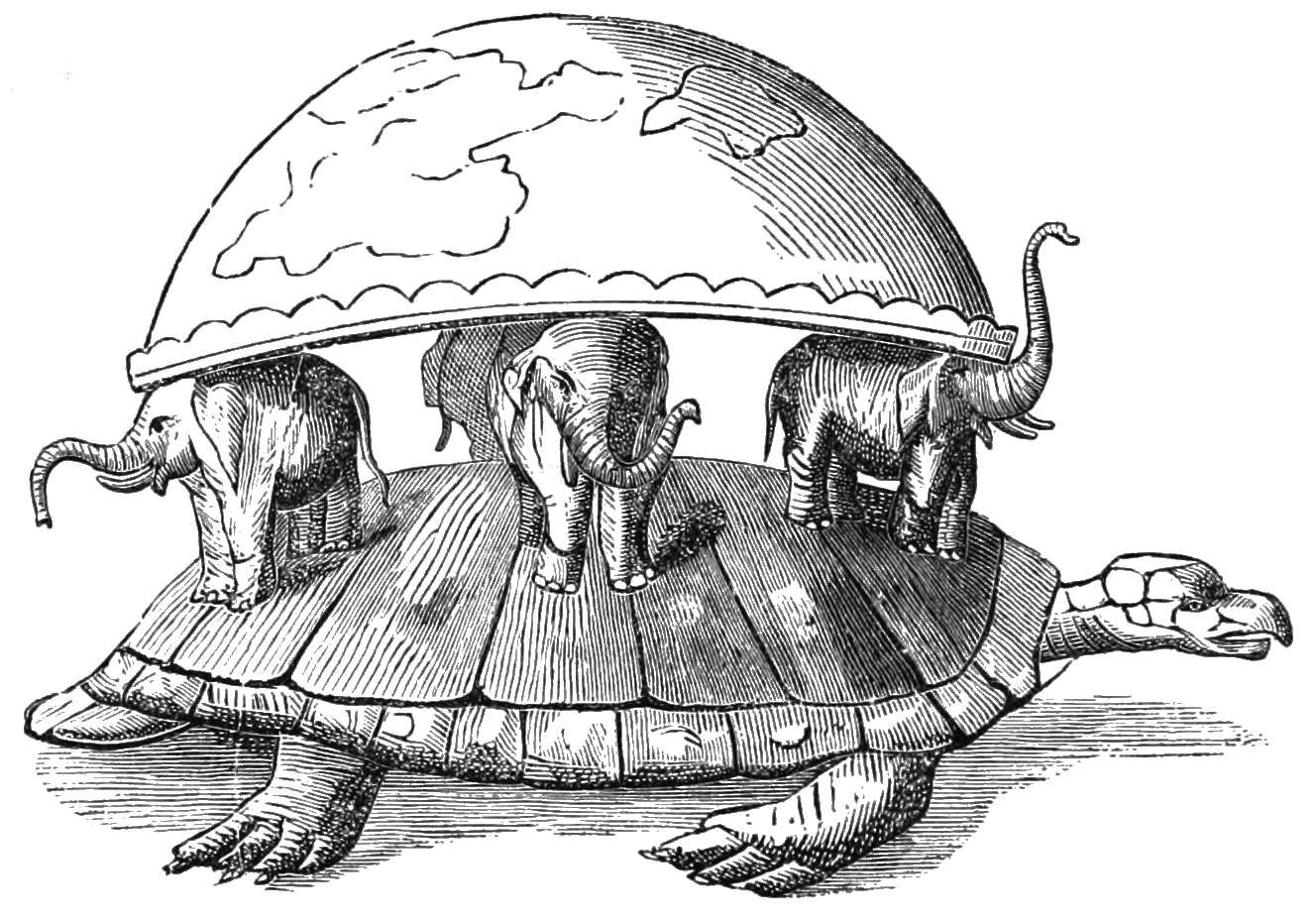World Elephant on:
[Wikipedia]
[Google]
[Amazon]
 The Ashtadiggajas () is a group of eight legendary elephants that appear in
The Ashtadiggajas () is a group of eight legendary elephants that appear in
 The Ashtadiggajas () is a group of eight legendary elephants that appear in
The Ashtadiggajas () is a group of eight legendary elephants that appear in Hindu cosmology
Hindu cosmology is the description of the universe and its states of matter, cycles within time, physical structure, and effects on living entities according to Hindu texts. Hindu cosmology is also intertwined with the idea of a creator who all ...
, serving as the guardians of the eight zones of the universe. There are also eight female elephants that stand beside the Ashtadiggajas, referred to as the Ashtadikkarinis.
List
There are a total of eight Ashtadiggjas and Ashtadikkarinis that stand guard over the eight zones:Literature
Besides the Ashtadiggajas, there are four elephants who support the earth from the four directions from thenetherworld
Netherworld (''nether'', ″beneath, lower″) may refer to:
*Underworld, a region thought to be beneath the surface of the world in many religions and mythologies
Film and television
* ''Netherworld'' (film), a 1992 American horror film
*''Nethe ...
, whose names are given in the Ramayana
The ''Rāmāyana'' (; sa, रामायणम्, ) is a Sanskrit literature, Sanskrit Indian epic poetry, epic composed over a period of nearly a millennium, with scholars' estimates for the earliest stage of the text ranging from the 8th ...
: Virūpākṣa (east), Mahāpadmasama (south), Saumanasa (west), and Bhadra (north).
In popular culture
The popular rendition of theWorld Turtle
The World Turtle, also called the Cosmic Turtle or the World-bearing Turtle, is a mytheme of a giant turtle (or tortoise) supporting or containing the world. It occurs in Hindu mythology, Chinese mythology, and the mythologies of the indigenous ...
supporting one or several World Elephants is recorded in 1599 in a letter by Emanual de Veiga. Wilhelm von Humboldt
Friedrich Wilhelm Christian Karl Ferdinand von Humboldt (, also , ; ; 22 June 1767 – 8 April 1835) was a Prussian philosopher, linguist, government functionary, diplomat, and founder of the Humboldt University of Berlin, which was named after ...
claimed, without any proof, that the idea of a world-elephant maybe due to a confusion, caused by the Sanskrit noun Nāga
The Nagas (IAST: ''nāga''; Devanāgarī: नाग) are a divine, or semi-divine, race of half-human, half-serpent beings that reside in the netherworld (Patala), and can occasionally take human or part-human form, or are so depicted in art. ...
having the dual meaning of "serpent" and "elephant" (named for its serpent-like trunk), thus representing a corrupted account of the world-serpent.
Brewer's Dictionary of Phrase and Fable
''Brewer's Dictionary of Phrase and Fable'', sometimes referred to simply as ''Brewer's'', is a reference work containing definitions and explanations of many famous phrases, allusions, and figures, whether historical or mythical.
The "New Edit ...
lists ''Maha-pudma and Chukwa'' are names from a "popular rendition of a Hindu myth in which the tortoise Chukwa supports the elephant Maha-pudma, which in turn supports the world".Brewer's Dictionary of Phrase and Fable
''Brewer's Dictionary of Phrase and Fable'', sometimes referred to simply as ''Brewer's'', is a reference work containing definitions and explanations of many famous phrases, allusions, and figures, whether historical or mythical.
The "New Edit ...
, 15th ed., revised by Adrian Room, HarperCollins (1995), p. 1087.
also 14th ed. (1989).
The spelling ''Mahapudma'' originates as a misprint of ''Mahapadma'' in Sri Aurobindo
Sri Aurobindo (born Aurobindo Ghose; 15 August 1872 – 5 December 1950) was an Indian philosopher, yogi, maharishi, poet, and Indian nationalist. He was also a journalist, editing newspapers such as ''Vande Mataram''. He joined the ...
's 1921 retelling of a story of the Mahabharata
The ''Mahābhārata'' ( ; sa, महाभारतम्, ', ) is one of the two major Sanskrit epics of ancient India in Hinduism, the other being the ''Rāmāyaṇa''. It narrates the struggle between two groups of cousins in the Kuruk ...
.
See also
* Dikpalas *Gaja
Gaja () is a Sanskrit word for elephant. It is one of the significant animals finding references in Hindu scriptures, as well as Buddhist and Jain texts.
Symbolism
In general, a gaja personifies a number of positive attributes, including abund ...
* World Turtle
The World Turtle, also called the Cosmic Turtle or the World-bearing Turtle, is a mytheme of a giant turtle (or tortoise) supporting or containing the world. It occurs in Hindu mythology, Chinese mythology, and the mythologies of the indigenous ...
References
{{reflistElephant
Elephants are the largest existing land animals. Three living species are currently recognised: the African bush elephant, the African forest elephant, and the Asian elephant. They are the only surviving members of the family Elephantidae an ...
Hindu legendary creatures
Mythological elephants
Elephants in Hinduism